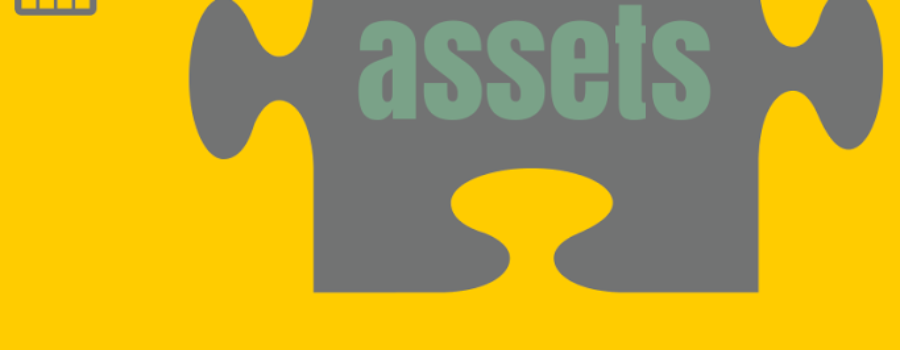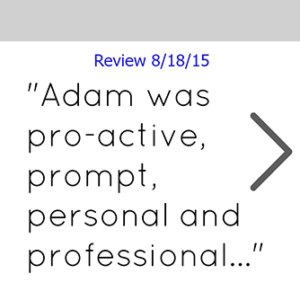The Asset Piece of the Mortgage Puzzle
There you are, Mr. Hotshot at the blackjack table. You sat down with a hundred bucks, now you’re up two grand. You’re feeling good, top of the world really, and decide maybe it’s time to call it a night. You cash in your chips with a smile on your 
Depressing right? Let’s try to make sure you’re doing all the right things to prepare for buying a home. In this portion of the “keeping your home loan process simple” series, the asset piece of the mortgage puzzle is given to you in a gift basket.
When you’re purchasing a home, get all of your financials in one place so they are easily accessible. You’ll need funds for down payment, escrow account (for taxes and insurance), closing costs, and general reserves. Along with all of your pay information, you’ll need bank statements, retirement statements, brokerage account statements, and proof of any other account you’re using to qualify.
Bank statement
- Be ready to provide 2 months consecutive bank statements, including all pages. If it says page 2 of 6 anywhere on the
page, provide all 6 pages.
- Make sure that your statement shows your name, address, bank name/logo, account number, balances, and activity on the account. If any of those items are missing you’ll need to provide more information. Many times an online print-off will show your account number, but not your name.
- Non-sufficient fund (NSF) fees will be evaluated. If you show a habit of having NSFs, your lender may decide that pattern is an indication that you’re not ready to buy a home.
- If the statement you provide is a shared account (someone other than you is also on the account), the individual you share the account with will need to provide a letter confirming you have full access to the funds.
- Large deposits need to be sourced. If there are any deposits on your bank statement other than your normal income; you will need to provide a paper trail proving where those funds came from. All jokes aside, you may actually be able to use gambling winnings if the casino provided a slip or coupon confirming the amount won. If you sold a vehicle or jewelry you’ll need a bill of sale. Don’t accept cash from the buyer, ask for a check. Additionally, you’ll need to provide a 3rd party opinion (kelley blue book for example) of value in order to confirm the sale price was not unreasonably higher than fair market value. This is to prevent fraud. So Johnny can’t sell his ford escort to his “neighbor” for $10,000. There might be something fishy going on there in the eyes of your lender.
Retirement and Brokerage Accounts
- If you’re liquidating retirement funds you should be able to print off a most recent quarterly statement. If you are taking out a loan against your 401k your lender will factor that liability into your debt-to-income ratio. In some cases you may have an additional tax penalty if you withdraw retirement funds prior the being 59 1/2.
- Above and beyond a recent statement, you’ll need to provide proof the funds needed for closing have been liquidated. You’ll also need to show where those same funds were deposited into. It’s wise to deposit those funds into the same bank account that you’ve already provided statements for. The goal is to keep it simple, so putting those funds into a different account could open a new can of worms.
Gift Funds

- The person “gifting” the funds needs to be a family member, or someone with an obvious close personal relationship (like a fiance).
- You both will need to sign a letter confirming the amount and purpose of the gift funds. The letter will also need to confirm there is no expectation of repayment to the donor (the person gifting the funds). They will also need to show their ability to gift the funds by providing 2 months bank statements.
Grants
A couple closing tips…
Bank statements are valid for 60 days. If you’re house hunting for 5 months, send your lender new bank statements as they become available.
Do not overextend yourself. There will always be something that comes up that never crossed your mind. Leave yourself a cushion for those expenses so you can sleep at night.


 page, provide all 6 pages.
page, provide all 6 pages.







3 Comments
Leave your reply.